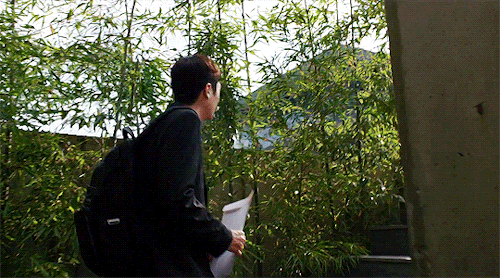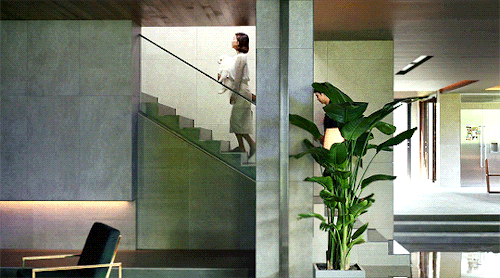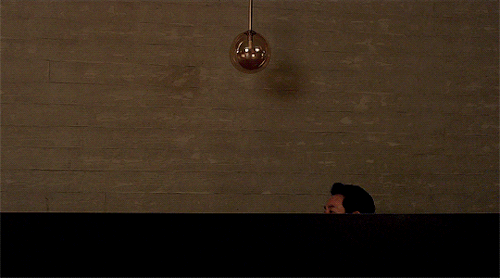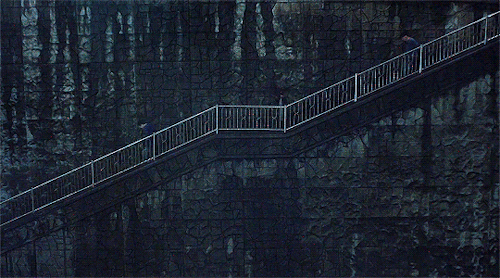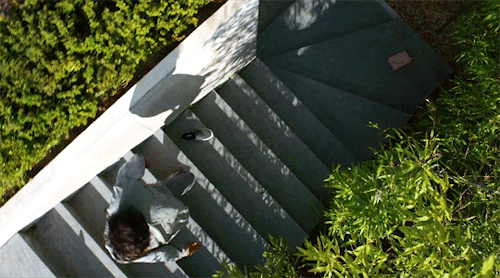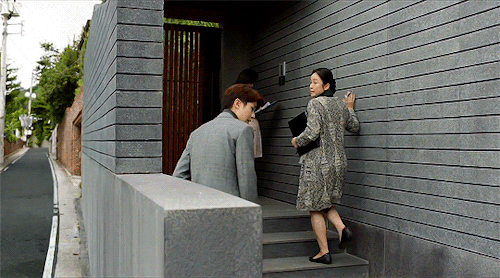james-flint:While working on the film, Bong Joon-ho called Parasite a “staircase movie”.
james-flint:While working on the film, Bong Joon-ho called Parasite a “staircase movie”. It is an upstairs-downstairs film that explores every available rung on the ladder of class aspirationalism. The movie starts in the half-basement apartment of the Kim family, with windows that barely peer above the ground. Half-basements are distinctively Korean spaces in urban centers like Seoul, and while the Kim house is firmly below ground, it still “wants to believe it’s above the ground.” A story about two homes — the upstairs family and the downstairs — reveals yet another lurking underneath. The original housekeeper confesses that her husband has been stowed away in a secret bunker underneath the Park house for four years. The Kims are shocked by the state of his living conditions. In the end of the film, the father becomes the new resident in the bunker, hiding from the police in the last place they’d look to find him. The Parks move out, only to be replaced by a German family. The particularities may have changed, but everyone’s station has remained the same. There would always be a wealthy person to live upstairs, just as there would be another poor person positioned beneath them. - by E. Alex Jung Parasite | 기생충 | Gisaengchung (2019) dir. Bong Joon Ho, production design by Lee Ha Jun -- source link
Tumblr Blog : james-flint.tumblr.com
#parasite

